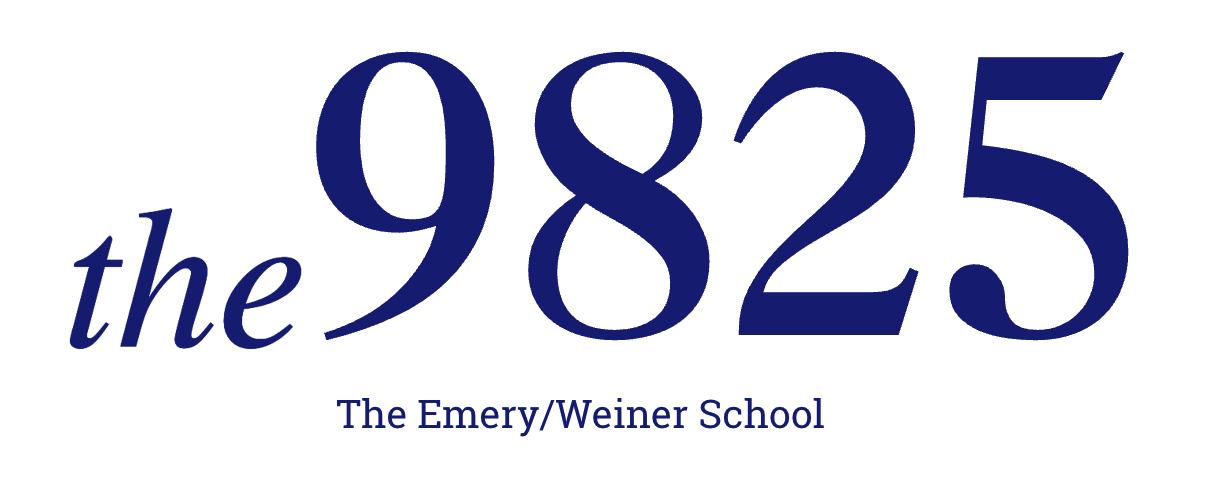Thousands of universities shifted to test-optional application policies during COVID-19. Now, some of the most prestigious institutions are reinstating test requirements, leaving millions of students uncertain about their application strategies.
The COVID-19 pandemic severely impacted education, forcing universities to shift to test-optional policies because many students did not have access to testing during the quarantine period. After the height of the pandemic, universities decided to maintain their test-optional policies due to the ongoing challenges of COVID-19. However, four years later, select universities such as Yale, Brown, and UT Austin are returning to their test-required application policies.
Daniel Gordon, a junior at the Emery/Weiner School, believes that standardized testing “can hurt a weak test taker” due to factors such as test anxiety. However, Gordon emphasizes the value of these exams, arguing that “it is important to have a strong fundamental education, and a solid test score proves that.” He believes that standardized tests, despite their drawbacks, offer a crucial measure of academic capability and readiness for college-level work.
A study by the National Association for College Admissions Counseling in 2020 found that 55% of colleges reported an increase in applications when they adopted test-optional policies. Likewise, Emery/Weiner junior Lillian Cutrer believes that “test scores are important because they standardize the admissions process.” She explains, “Different schools have a different academic rigor, so they reflect how much a student knows in a subject area. However, it can disadvantage students who don’t have access to tutors or don’t perform well on tests, which does make them a little unfair.” Cutrer implies that students from low-income backgrounds may not have access to the same resources as their peers, such as test preparation courses, creating an uneven playing field that test-optional policies aim to level.
On the other hand, junior Caymus Cooper believes that standardized test scores are not a fair representation of a student’s academic capabilities. “It’s ridiculous! I don’t believe one test defines me as a student let alone a person,” Cooper says. “I think colleges should reconsider what is required in the application process.” He argues that relying heavily on test scores fails to capture the full range of a student’s abilities. Cooper highlights other factors that can define a student such as leadership positions and critical thinking skills are just as important as standardized tests. He suggests that a more holistic approach, which includes a balance of extracurricular activities, grades, and letters of recommendation would provide a more comprehensive picture of a student’s potential.
The reinstatement of test-required policies by some prestigious institutions reignites the debate on the role of standardized testing in the college admissions process. While these tests can provide a measure of academic performance, they do not define a student’s potential. Universities should strive for a more holistic approach in the admissions process that fairly evaluates all aspects of a student’s capabilities and achievements.







